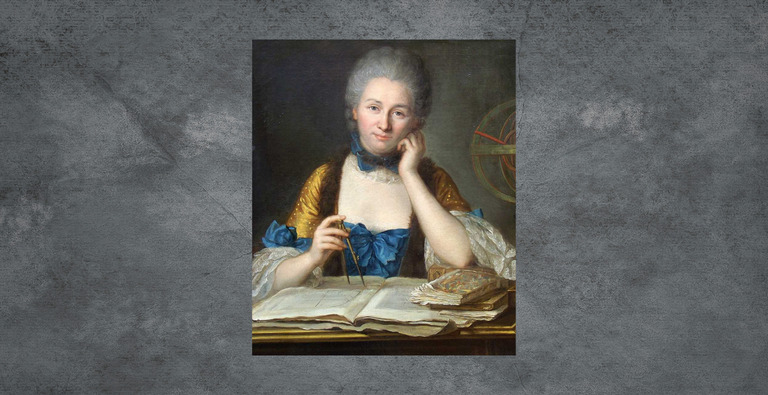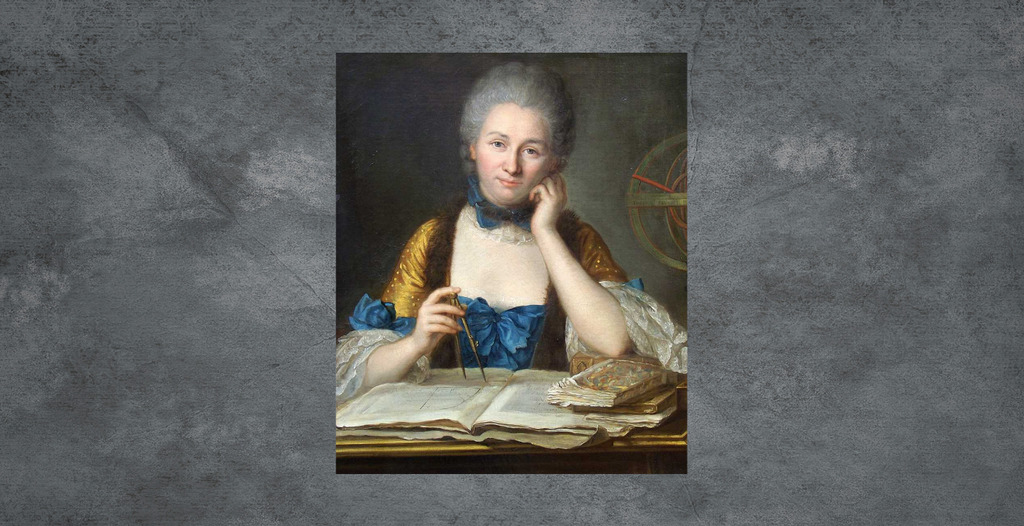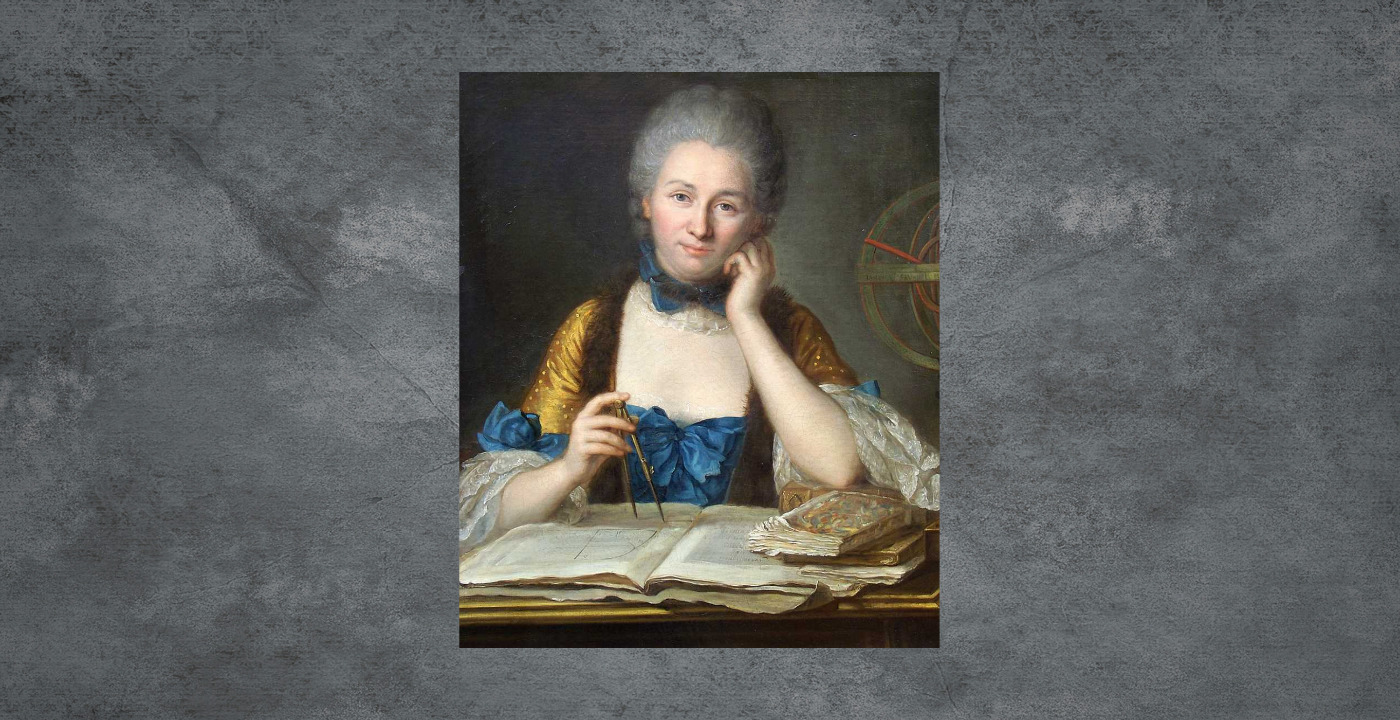The New Historia presents “Betrayals” by Dr. Judith P. Zinsser, originally published in the journal of French Historical Studies (2016) by Duke University Press. This is our third publication concerning the life and work of Émilie Du Châtelet (1706-1749), one of the most important natural philosophers of the eighteenth century. Professor Zinsser’s contributions–ranging from her translations of Du Châtelet’s scientific and philosophical writing, completed alongside Professor Isabelle Bour, to her critical biography: Emilie Du Châtelet: Daring Genius of the Enlightenment (2007)–marked a turning point in scholarship on women in science. “Betrayals,” honoring its title, gives a detailed historiographic explanation of how and why previous historians distorted Du Châtelet’s narrative so dramatically, ultimately attributing her intellectual activity to men and sexualizing her story. By re-publishing this editorial, we are linking an earlier work on Du Châtelet to the continuing scholarship of Dr. Clara Carus–who authored our Du Châtelet schema and our editorial “The Fate of a Woman’s Work.” In doing so, TNH calls attention to the lineage of scholars who illuminate the erasures and misappropriations in historical narratives about women.
Betrayals
By Judith P. Zinsser
The career and writings of the philosophe Émilie Du Châtelet (1706-49) have recently been accorded their proper significance in the historical narratives of eighteenth century philosophy and science. However, despite the best efforts of historians and biographers, the contrary image of the marquise as Voltaire's promiscuous mistress and a dabbler in physics and mathematics remains seductively popular, and Nancy Mitford's 1957 Voltaire in Love and Elisabeth Badinter's Émilie, Émilie: L'ambition feminine au XVIIle siecle of 1983 continue to be recommended as the most authoritative accounts of Du Châtelet's life. This article gives a brief historiography of writings on the marquise into the twentieth century and then considers Mitford's and Badinter's sexualized portrayals. It also speculates on the reasons for the continuing popularity of these outdated, skewed interpretations.
To Read the Full Editorial, Click Here
Judith P. Zinsser, professor emerita of history at Miami University (Ohio), wrote Emilie Du Châtelet: Daring Genius of the Enlightenment (2006). She collaborated on a translation of Du Châtelet’s writings for the series, “The Other Voice of Early Modern Europe.” Her numerous articles on the marquise have appeared in journals and collections in both the US and Europe. Zinsser is also co-author of the two-volume classic, A History of Their Own: Women in Europe from Prehistory to the Present (2000), and A Glass Half Full: The Impact of Feminism on the Historical Profession (1994). She is also an authority on gender and women in a world-wide context, and a former President of the World History Association.


